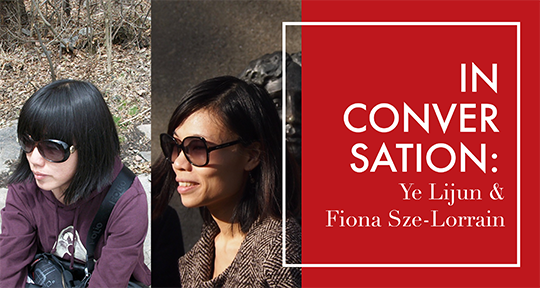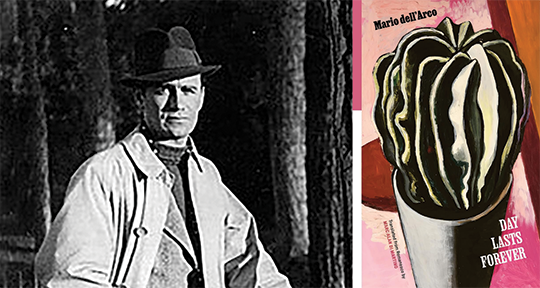In an interview from The Kenyon Review, the poet Ye Lijun (叶丽隽) confesses: “I feel and think of myself as a nature poet, not a contemporary Chinese pastoral poet,” perhaps revealing the specificities of genres in Chinese ecoliterature. Poetry within Chinese nature writing comes in loose nomenclatures: among others, there is shanshui shi (山水詩), the poetry of mountains, rivers, and landscape; tianyuan shi (田園詩), the poetry of fields, gardens, and farmstead; and shanshui tianyuan shi (山水田園詩), nature poetry. This latter category is brilliantly displayed in My Mountain Country (World Poetry Books, 2019), the first bilingual publication of Ye, a promising poet of the post-70s generation.
The book explores the visceral connections between the poet and the landscape she inhabits, with its poems taken from Ye’s three Chinese-language poetry collections and translated by her long-time translator, the award-winning writer, poet, and zheng harpist Fiona Sze-Lorrain—named in Chinese Literature in the World: Dissemination and Translation Practices (2022) as one of the most prolific translators of modern Sinophone writings. In this conversation, kindly mediated by her translation, I spoke with both Ye (in Lishui) and Dr. Sze-Lorrain (in Paris) on this English-language debut, and how their book speaks to the larger body of Chinese nature poetry.








